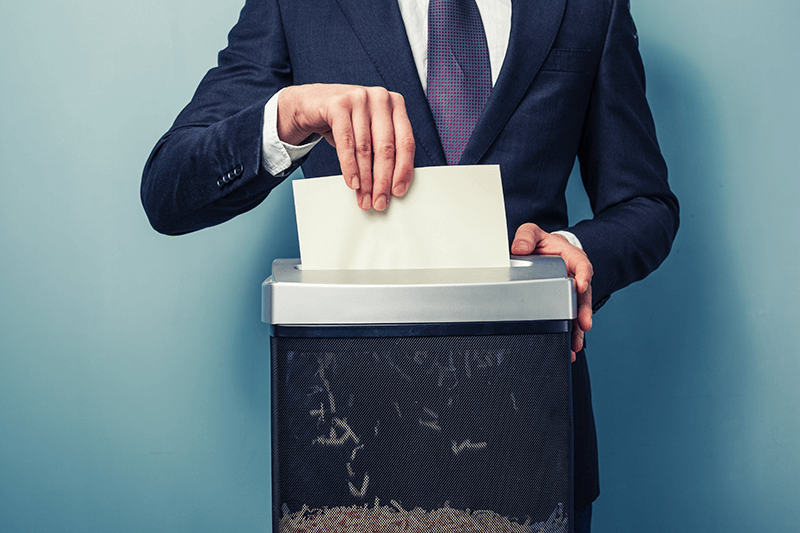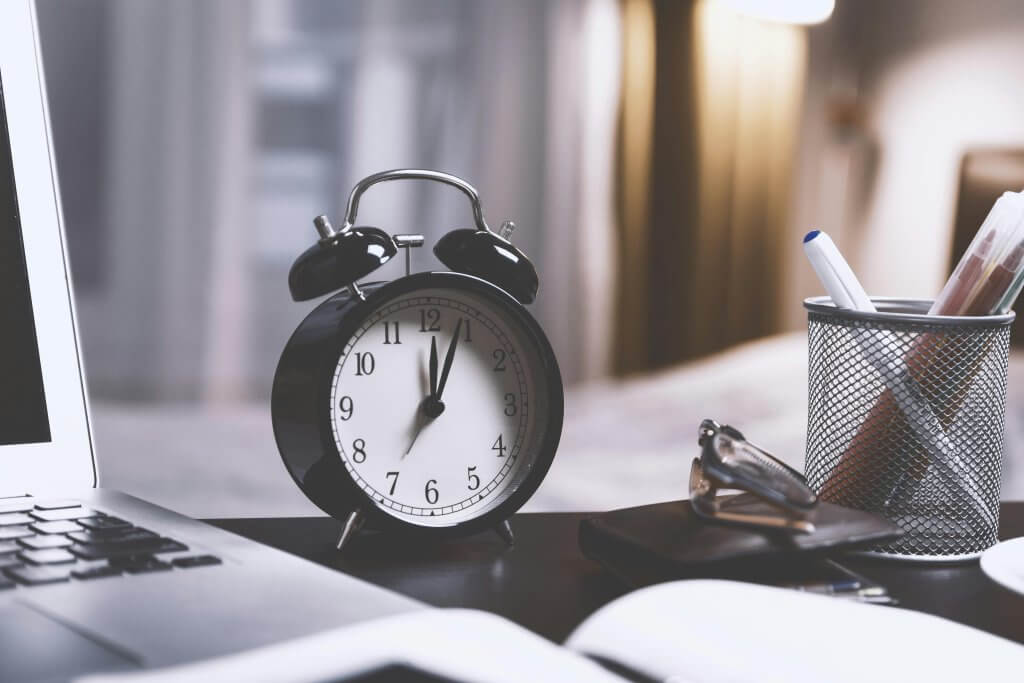If your company is insolvent and you take the correct legal steps, a Bounce Back Loan could be written off.
These loans were issued to limited companies without personal guarantees, which means the debt sits with the company, not you as a director. If the business can’t recover and you close it through a formal process like a Creditors’ Voluntary Liquidation (CVL), any remaining Bounce Back Loan debt could be written off alongside your other unsecured liabilities.
However, there are exceptions. If the loan was misused, like being withdrawn for personal use or taken when the company was already insolvent, you could become personally liable.
When handled properly, liquidation can give you a clean break from the debt and allow you to move on without the stress hanging over your head. Just make sure you act early and get advice before things escalate.
Are you personally liable for a Bounce Back Loan?
In most cases, no. Bounce Back Loans were deliberately structured to keep directors protected. There was no personal guarantee required, and the loans were backed 100% by the government.
That said, your personal position isn’t automatically safe. You could be made personally liable if:
- You spent the loan on personal items (e.g. a house deposit or private debt)
- You transferred the money out of the business with no clear purpose
- You applied for the loan when your company was already insolvent
- You paid yourself large dividends while creditors remained unpaid
If the company is liquidated, or investigated after being struck off, and there’s evidence of misuse, you could be required to repay the funds personally, or even face director’s disqualification.
What if I can’t afford to repay the Bounce Back Loan?
If your company can’t keep up with the repayments, you’re not alone. Thousands of businesses are in the same position. The good news is that you don’t need to carry the burden indefinitely.
You could restructure through a CVA, if the business is viable long term. A Company Voluntary Arrangement can reduce pressure and give you breathing space to repay debt over time.
If there’s no route to recovery, a Creditors’ Voluntary Liquidation (CVL) allows you to shut the company down in a legal, orderly way—and write off the debt.
Don’t wait until the bank escalates recovery or HMRC starts asking questions. Early action is always the safer and more controlled route.
What happens if you stop paying the Bounce Back Loan?
If you simply stop paying the loan and don’t engage with the lender, the situation can escalate quickly. Although there’s no personal guarantee, the lender can still:
- Report missed payments to credit reference agencies (damaging your company’s credit score)
- Send formal demands or issue a statutory demand
- Petition the court to wind up your company
Once that happens, you lose control of the process, and the risks to you personally start to increase. Voluntary liquidation is often a better choice, because you stay in control and can demonstrate you’ve acted responsibly as a director.
Can Bounce Back Loans be negotiated or written off?
You can’t negotiate a reduced repayment or “full and final settlement” like you might with a personal debt. The only way for a Bounce Back Loan to be written off is through company insolvency.
In a CVL, the company is closed down, any remaining assets are sold off, and the proceeds go to pay off creditors. The Bounce Back Loan, like other unsecured debts, could be written off at that point. That’s why many directors use liquidation to draw a legal line under company debt and avoid being chased personally.
It’s important to note: once the company is in liquidation, the insolvency practitioner will review your conduct as a director. If they find signs of misusing the loan, the situation can change. But if everything was above board, the debt ends with the company.
Can I just strike off a company with a Bounce Back Loan?
No, not if there’s an outstanding Bounce Back Loan. The strike-off process is for solvent companies only. If you try to strike off while the business still owes money, whether to the bank, HMRC or anyone else, the process will likely be blocked.
Either the bank or HMRC will object, and Companies House will reject the application.
Trying to avoid repayment this way can backfire badly. It’s viewed as an attempt to dodge your responsibilities, and that could lead to more scrutiny or even personal liability.
What if I’m a sole trader?
Sole traders were also eligible for Bounce Back Loans, provided they had a business bank account. But there’s a key difference in how the debt is treated:
- If you’re a limited company, the loan belongs to the company
- If you’re a sole trader, you are personally liable for the full amount
That means your personal assets are on the line. If you can’t repay, the lender can take legal action against you directly, including court judgments, charging orders and bankruptcy proceedings.
If you’re in this position, don’t ignore the debt. You may be eligible for an Individual Voluntary Arrangement (IVA) that helps you repay what you can afford while protecting your home and income.
Will Bounce Back Loans ever be written off automatically?
There’s been some speculation that government-backed loans might be written off in bulk or forgiven entirely. But as it stands, there is no plan to automatically write off Bounce Back Loans, even for sole traders or micro businesses.
The loans are treated like any other commercial debt. If your company fails and goes through formal liquidation, the debt may be written off that way, but only as part of the insolvency process.
The only way to write off a Bounce Back Loan legally
If your company is insolvent and enters liquidation, any remaining Bounce Back Loan balance could be written off along with other unsecured debts. You are not personally liable, unless the loan was misused or the company continued trading unlawfully.
Handled correctly, liquidation allows you to:
- Close the company legally and responsibly
- Stop the stress of unpayable debt
- Protect your personal finances
- Move on and start fresh
The key is getting advice before creditors take action. That way, you stay in control and make decisions on your terms.
Need help with your Bounce Back Loan?
We work with directors every day who are dealing with Bounce Back Loan pressure. You’re not alone. What matters now is what you do next.
We’ll explain your options clearly, walk you through the risks and show you how to resolve the debt legally, ethically and with as little stress as possible. Whether you want to save your business or close it cleanly, we’re here for the journey.
Speak to one of our licensed insolvency practitioners today for free, no-judgement advice.




